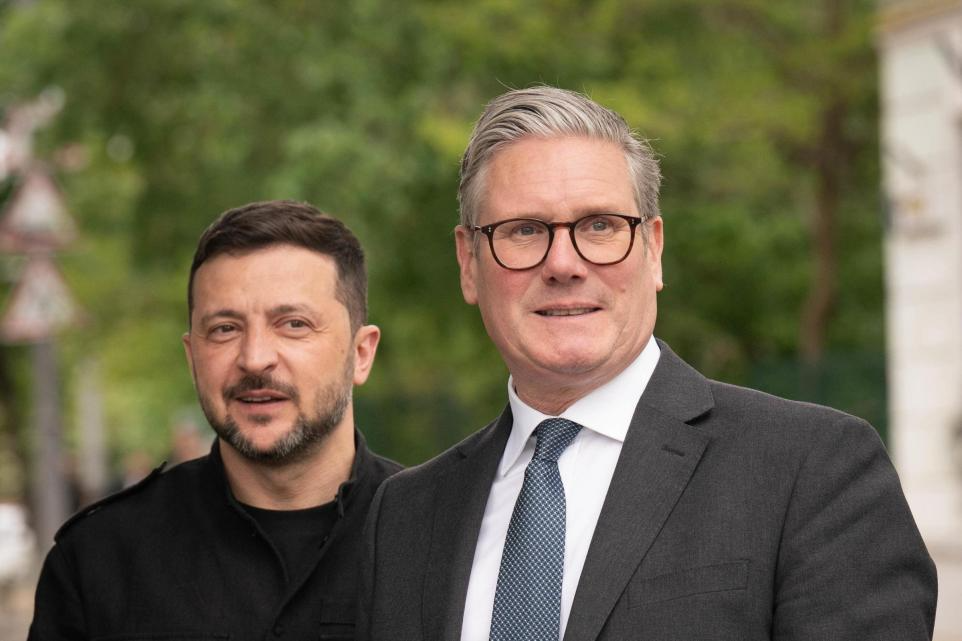
Prime Minister Sir Keir Starmer and Ukrainian President Volodymyr Zelensky agreed to convene the next meeting of the “coalition of the willing” within the coming weeks, following discussions at the G7 summit in Canada. The announcement came as the UK implemented new sanctions targeting Russian oil operations.
During bilateral talks on the sidelines of the G7 conference, both leaders discussed enhancing military support for Ukraine and maintaining economic pressure on Russia. Downing Street stated that the leaders “agreed to drive forward the next stage of military support” and emphasized that “a strong Ukraine is essential to guarantee peace in the long term.”
The meeting followed broader discussions with international partners focused on securing what officials described as “a just and lasting peace for Ukraine.” The two leaders also addressed increasing economic pressure on Russia, with Starmer briefing Zelensky on newly announced UK sanctions.
Zelensky stated that both leaders agreed coordinated sanctions from all G7 countries are necessary against Russia’s “energy and banking sectors, shadow fleet, and military-industrial complex” to compel Russia to end the conflict.
The UK announced sanctions on 20 Russian oil tankers and measures targeting companies managing these vessels. Starmer indicated that Britain would work with partners to tighten the existing oil price cap on Russian crude, which currently stands at $60 per barrel. The Prime Minister expressed strong support for strengthening these restrictions to reduce Russia’s energy revenues.
However, efforts to lower the price cap face challenges, particularly regarding US participation. President Donald Trump has indicated reluctance to impose additional measures on Moscow, suggesting he prefers to wait and “see whether or not a deal is done” with Ukraine before implementing further sanctions.
Canadian Prime Minister Mark Carney, hosting the G7 summit, stated in a closing statement that leaders remained “resolute in exploring all options to maximize pressure on Russia, including financial sanctions.” Canada also announced 2 billion Canadian dollars in aid for Ukraine.
When asked about the feasibility of tightening the oil price cap without US backing, Starmer acknowledged ongoing discussions while maintaining his belief in the necessity of such sanctions. He noted that other countries would be taking similar actions in the coming days to increase pressure on Russia.
The “coalition of the willing” initiative, led by Britain and France, involves nations prepared to contribute peacekeeping troops to Ukraine to help enforce a potential ceasefire. When questioned about the viability of these plans amid stalled peace negotiations, Starmer dismissed suggestions that the initiative was no longer viable.
The Prime Minister explained that the coalition’s purpose is to ensure any future peace agreement is maintained, addressing concerns that Russia might breach agreements as it has in the past. He confirmed that military planning continues to ensure readiness when needed.
Australian Prime Minister Anthony Albanese indicated that Australia would “consider” joining the coalition “if we can get some advance in peace,” reaffirming a position he first expressed in March.
Peace negotiations have stalled as Russia continues missile and drone attacks on Ukraine while rejecting US-backed proposals for an unconditional ceasefire. The ongoing conflict has prompted continued international efforts to increase pressure on Moscow through various diplomatic and economic measures.
In addition to targeting Russia’s shadow fleet operations, the UK sanctioned two UK residents, Vladimir Pristoupa and Olech Tkacz, whom the government accused of operating “a shadowy network of shell companies” supporting Moscow. The sanctions also targeted GUGI, the Russian defense ministry branch responsible for underwater intelligence operations.
Starmer characterized the sanctions as striking “at the heart of Putin’s war machine” and stated that Britain would continue tightening pressure while Russia shows “total disregard for peace.” He emphasized the government’s determination to take necessary steps to protect national security.
The G7 summit in Kananaskis included leaders from Canada, the United States, France, Italy, Japan, Germany, and Britain, with Zelensky participating in discussions about ongoing support for Ukraine and coordinated responses to Russian actions.


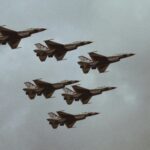

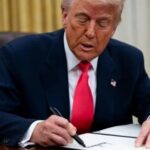
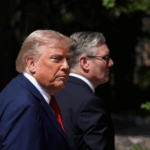

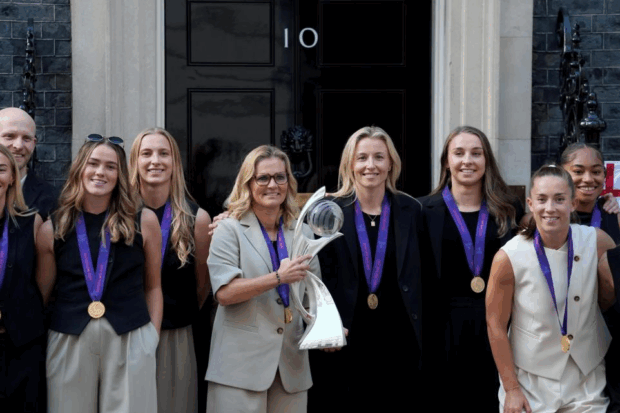


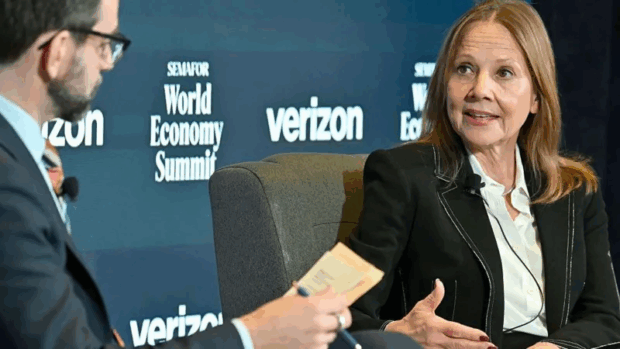
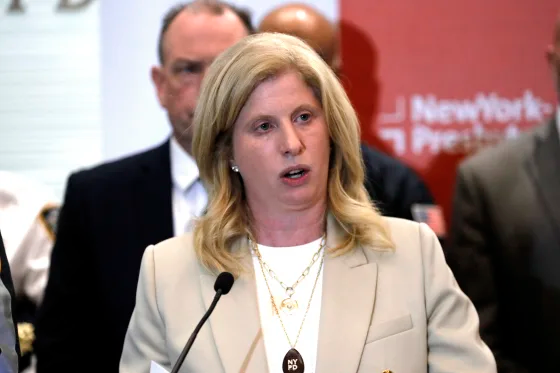





Be the first to leave a comment